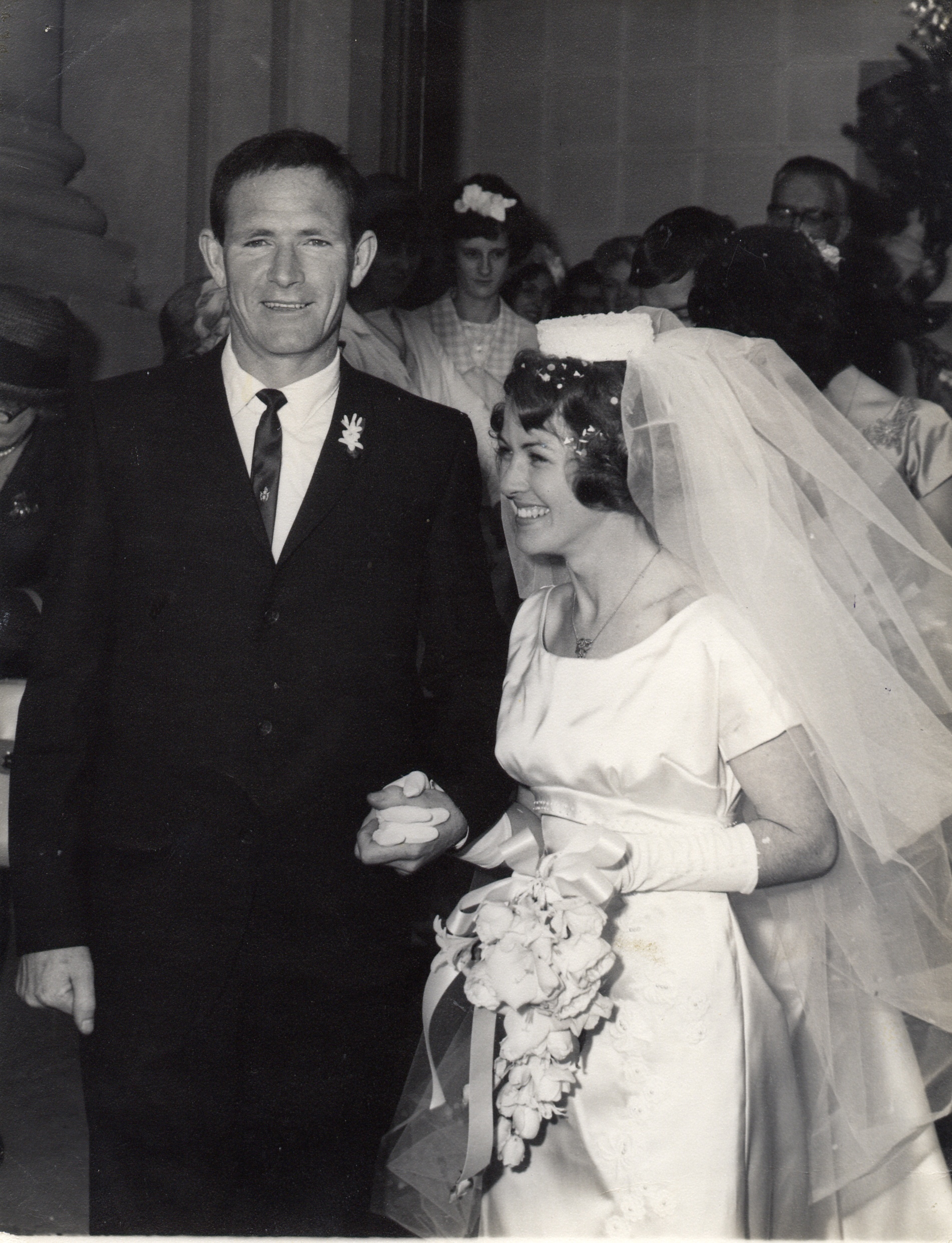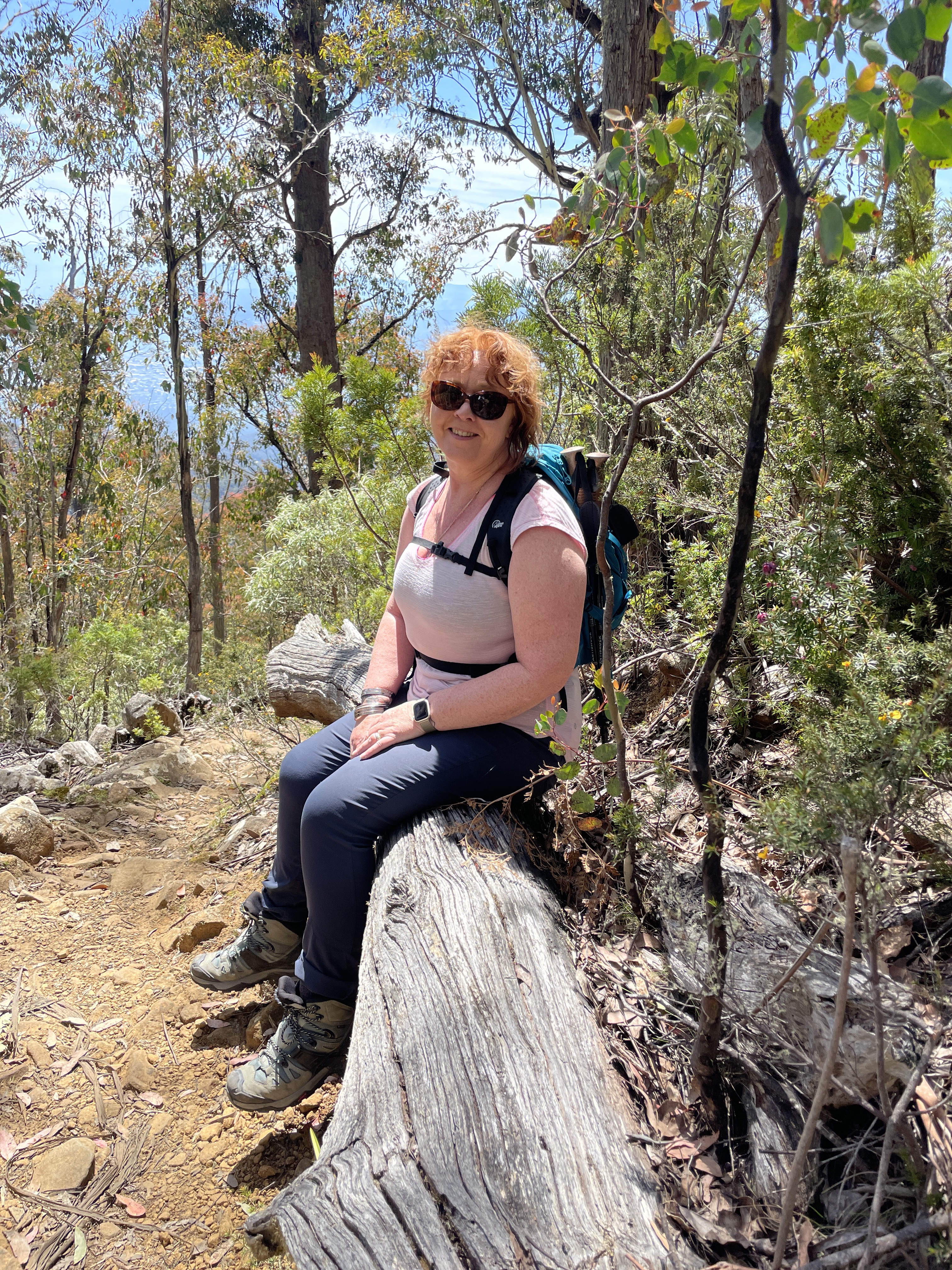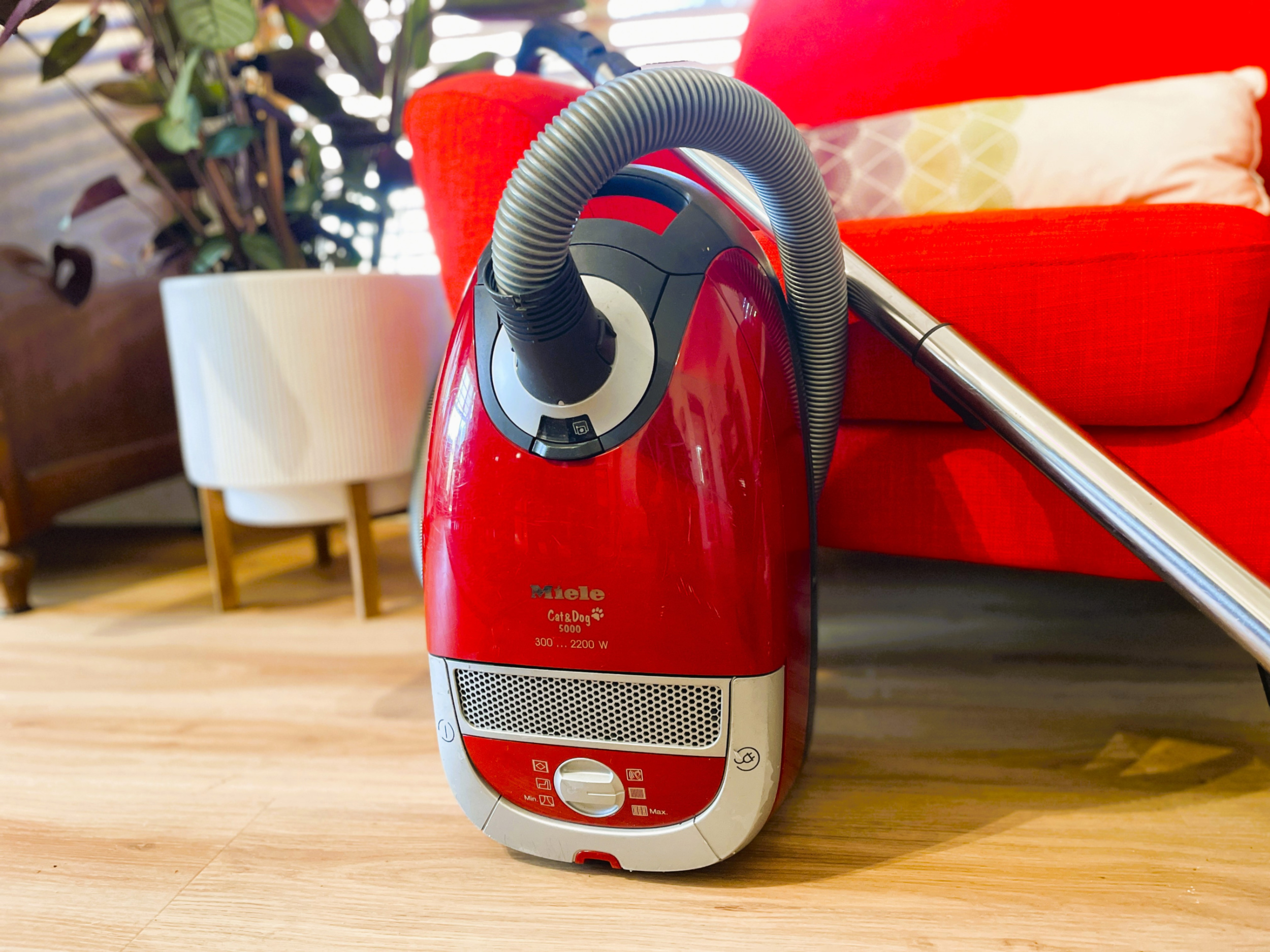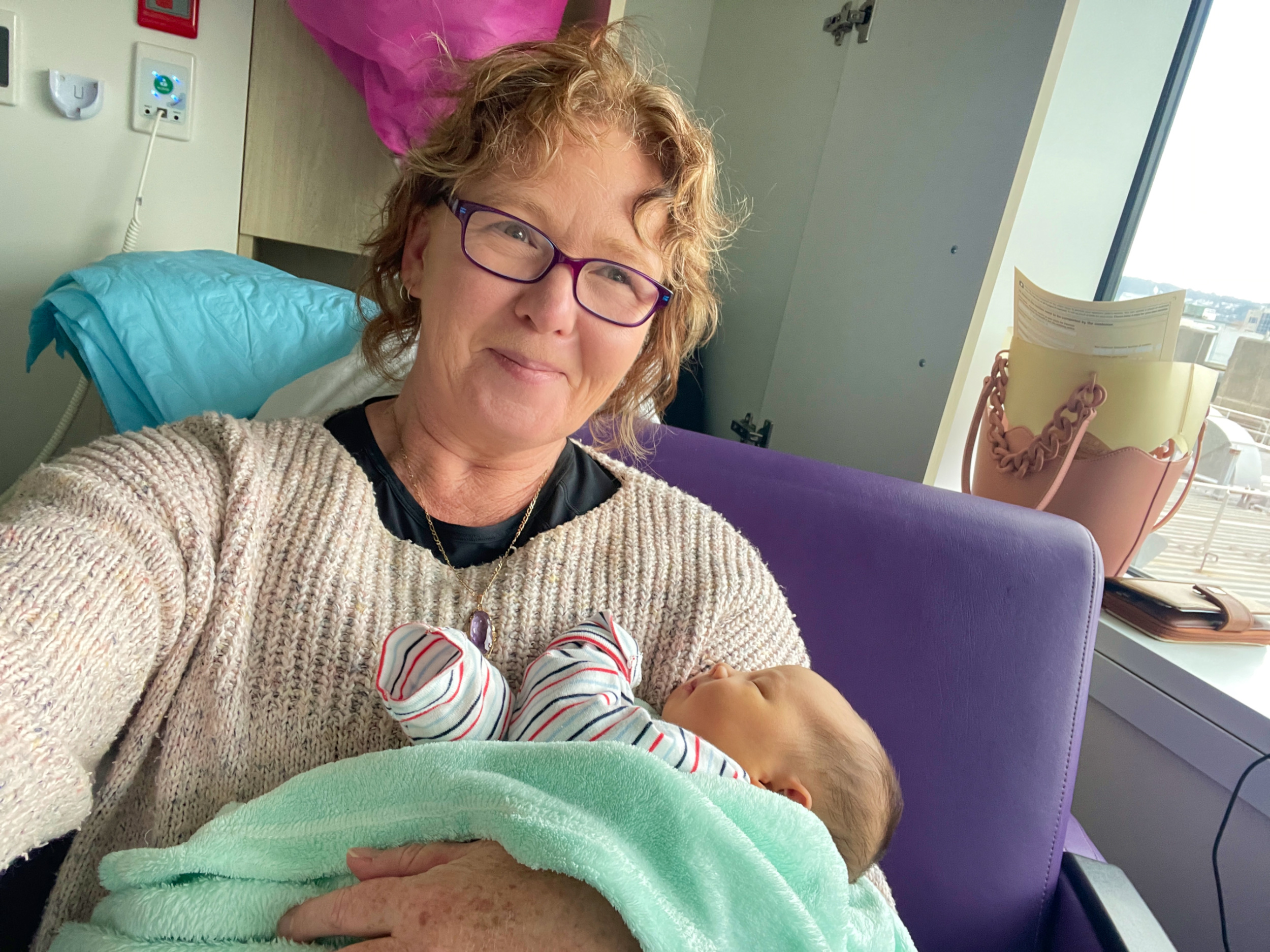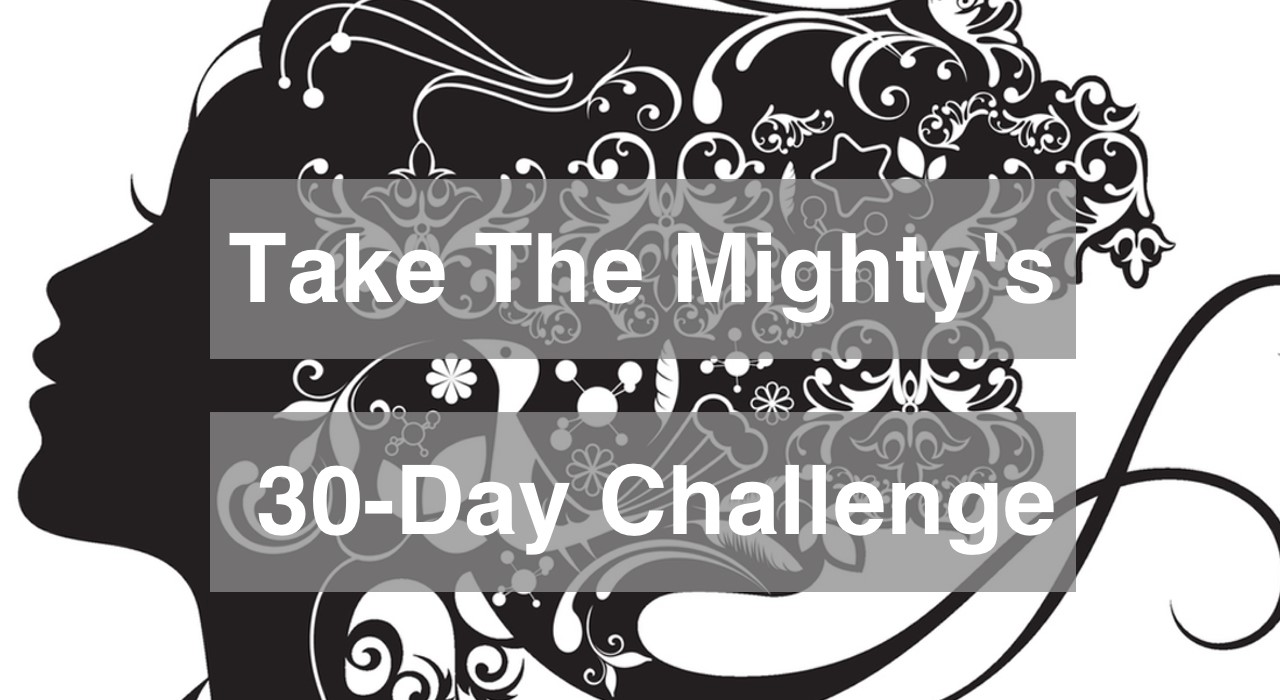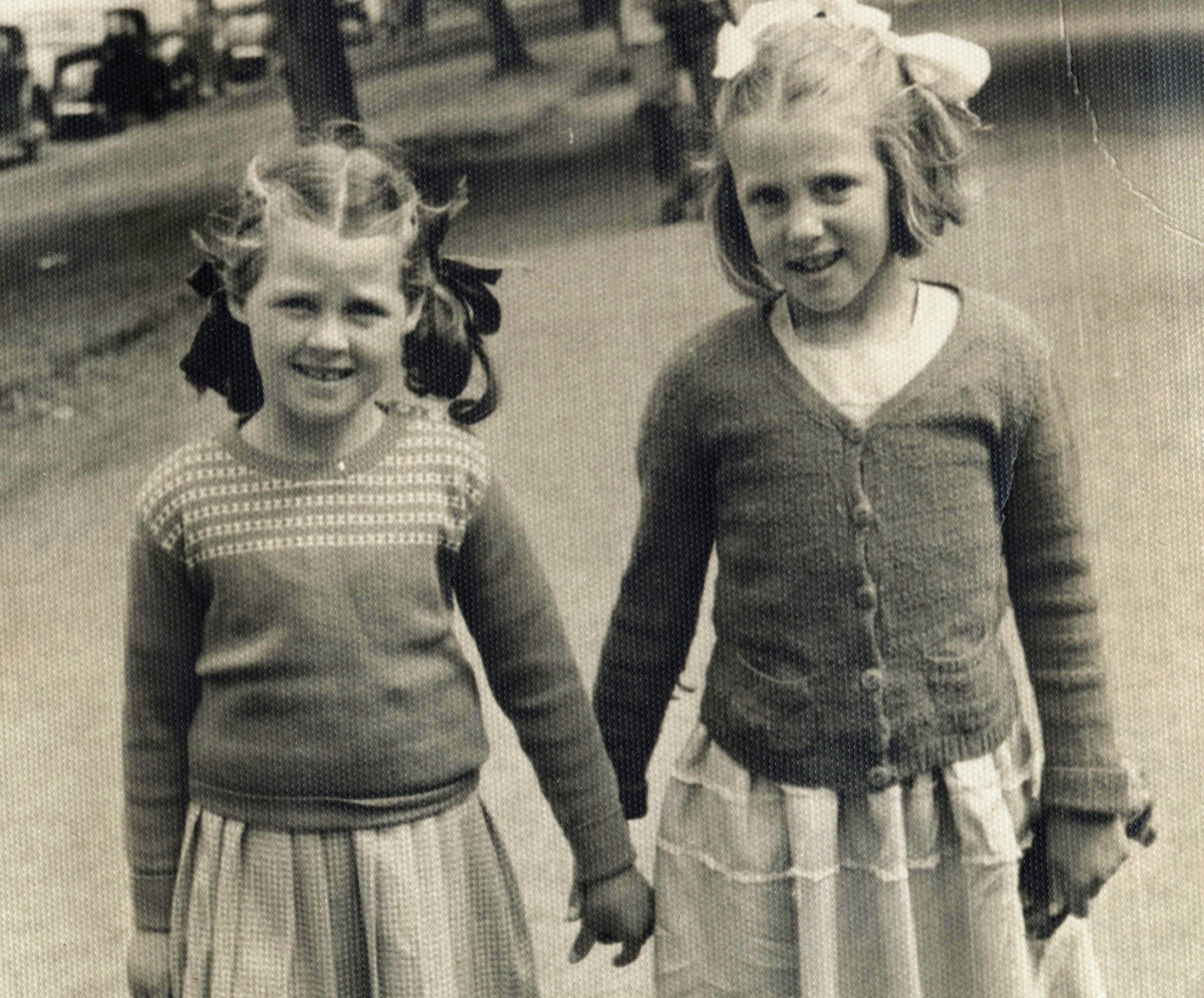THE HOUSEHOLD GUIDE TO NOT BEING A JUDGMENTAL TWAT
Mental illness is illness. It’s not a choice. Not a decision or a lifestyle. It’s an illness.
Like most illnesses, there are a variety of severities and types. Some people might have a depressive period for a short time – just like someone might have a bout of glandular fever for a short time. It doesn’t last forever, it doesn’t define the individual, but it sure as hell sucks while you’re going through it. Someone else might have a psychotic episode then discover they have bipolar I disorder. Just as someone else might have a seizure and discover they’re epileptic. It’s going to impact them for the rest of their lives. It’s going to require medication and lifestyle adaptations. It’s not much fun, but it doesn’t define them and they can learn to accept it and live with it.
The difference between psychological and physical illnesses however, is that people are misunderstood and judged for psychological afflictions. This does not happen with physical maladies. There are many who would like to remedy this inequality – myself included. To that end, I have put together a little list of do’s and don’ts for your reading pleasure.
DO comment on my emotional “appearance”. If I look a bit down, ask me about it. If I look really happy after having a rough trot, ask me about it. If I don’t want to share, I’ll tell you
DON’T comment on my physical appearance. It’s none of your business. Even if you think it is. Don’t compliment my weight loss. Don’t say anything. It’s not okay!
DO listen. Properly. Really listen. Ears open – mouth shut. Then ask open-ended questions like How does that make you feel? What happened then? Keep listening. It will be your turn soon.
DON’T react to my problems by talking about yourself. If I said I’m bulimic, it’s not helpful to hear stories of other bulimics you met, or tell me about the time you ate so many tim tams you were sick.
DO remember I am not my disease. It’s just a small bit of me. Maybe my mental illness is temporary. Maybe it’s permanent. Regardless, I am still a mother, wife, daughter, friend, colleague. I still have loves and losses, history and dreams. I’m still good at things and I still suck at things. I know stuff but I have more to learn. I am not my disease.
DON’T stop telling me about yourself. Yes I have issues. Yes I need to talk. But I also want to hear about you. Because I care. I don’t want to talk about me all the time. Maybe we could not talk about problems at all – just for an hour or two one day. Life can be sad – but it doesn’t have to be every minute of every day.
DO respect I am not stupid. I know more about my issues and stumbling blocks than you can ever possibly know. I have researched and sweated on this for decades. We are all experts on our own issues.
DON’T tell me the answer is simple – Just eat slower! Just make a plan! Just don’t eat sugar! If I could do these things, I wouldn’t be in this mess. I developed really poor coping mechanisms. It’s both a choice and not a choice. Yes it’s confusing – I’m confused too.
DO accept my illness is real. I was diagnosed by medical professionals. I’m pretty sure they know what they’re talking about. I need you to support me in this journey – not dismiss it.
DON’T tell me about simple fixes. It won’t be gone by morning. Watching a comedy and eating ice cream won’t cure me. I don’t need a few vitamins, a healthy diet and more fresh air.
DO tell me I’m doing great and the best I can. That you’ll be there for me and I’m not defined by my illness. Remind me I’m not a burden and that you care. And remind me this could happen to anybody – it’s just an unfortunate set of circumstances.
DON’T tell me it couldn’t happen to you because you’re too strong or you’re just a positive thinker. Don’t tell me you know how I feel – you have no idea.
I have been so incredibly supported by so many beautiful people. Angels – every single one of them. But every now and then I get an ignorant, thoughtless, unintentional judgment. It’s not helpful. It makes me withdraw. When I’m tired all the time, I don’t have the energy to let thoughtless comments brush over me. We all need to practice empathy – it’s a beautiful gift. There is no greater friend than the one who supports me in my darkest hours.

